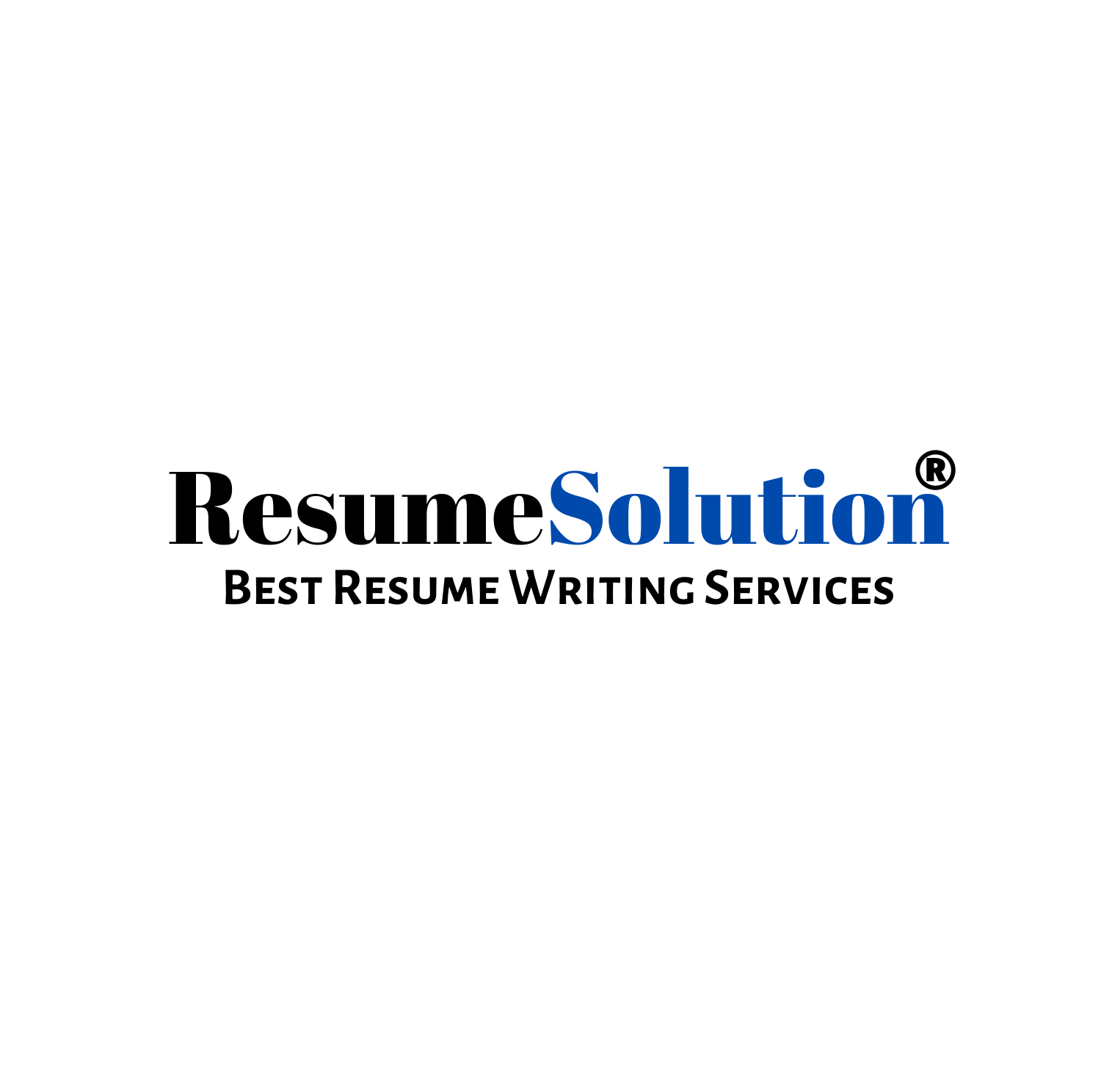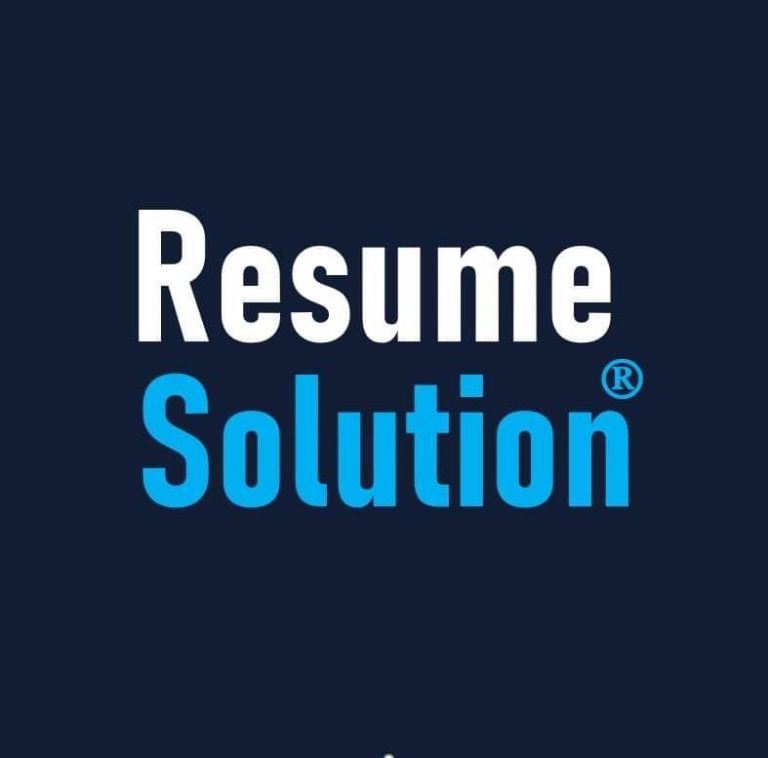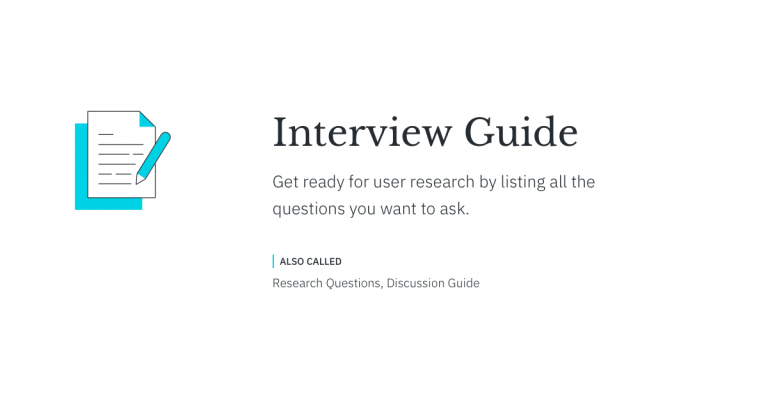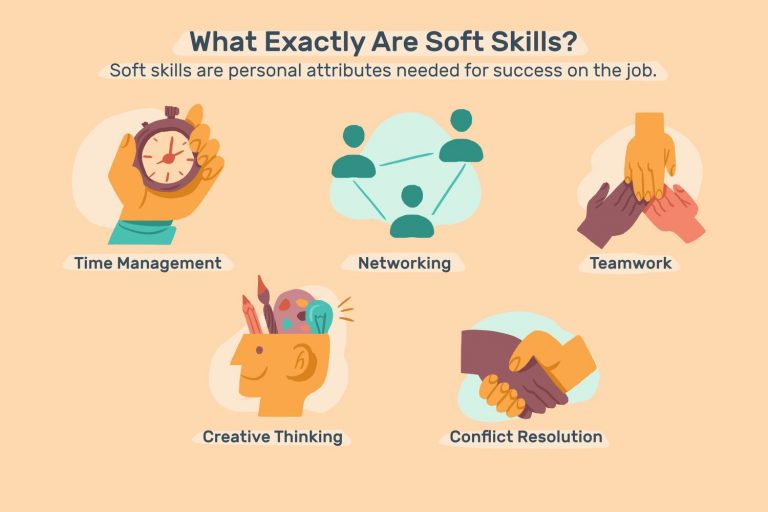A Complete guide regarding how to write mid-career resumes
A mid-career resume is one that highlights the knowledge and abilities you’ve acquired throughout your years of employment in your field.
Midpoint of professional career
A concise and targeted resume that shows the precise accomplishments and duties that are relevant to the position being applied for would be advantageous for a mid-level professional. The majority of mid career resumes place significantly more emphasis on the applicant’s professional path than they do on all of their prior employment history.
When it has been between ten and twenty-five years since you first entered the workforce, you have likely reached the midpoint of your professional career. Since a professional career typically lasts 35 to 40 years, you are currently halfway through your career.
You could be thinking about changing careers. You’ve been working for more than 10 years, whether at one company or several, so perhaps you’re ready for a change. Perhaps you’re looking for a chance to advance in your current career. Perhaps you have a completely new industry in mind. In either instance, your resume will serve as the vehicle to highlight your achievements thus far, and it should do so in a style that will appeal to hiring managers. It’s crucial to comprehend the elements that hiring managers value and seek for while creating a decent mid-career resume.
Mid-level job seekers
Put post-nominal letters after your name if you have an MBA, PhD, or any other degree that qualifies you, such as an advanced academic degree, military decoration, recognition, or accreditation. So that the hiring manager can see them right away, put them after your name at the start of your resume. As a mid-level job seeker, you’ll want any potential employers to be aware of these valuable credentials and the prerequisites that come with the classification.
You are in the middle of your career and have a wide range of abilities. Even though the skills section can give searchable key industry words for applicant tracking systems (ATS) and search engines, just a few resumes actually highlight skills or have a skills section that includes a summary of the necessary qualifications for the job.
It employs quantitative terminology.
In addition to being succinct and simple to understand, numbers are also better received by the human mind than words. When writing a CV, utilise figures and symbols rather than words to list your accomplishments.
Significant information is widely available.
Even if your skills are presented in bullet points, it could be challenging to quickly spot the achievements and talents that are relevant to the potential employer. Draw attention to this detail if a bullet contains terms and examples that are directly related to the potential opportunity.
It’s simple to talk about your skills, talents, and previous successes, but how does that help the business you’re applying to? Instead of just listing your job responsibilities, your resume should demonstrate how you helped your past employers succeed, whether through company expansion, profit margin increases, employee retention rates, or other achievements.
Even if your very first job was crucial in advancing your career, you may probably cut it off your resume to make it shorter and easier to read for the hiring manager. Remove any positions that are unrelated to the one you’re looking for as well. If you’re in the middle of your career, it’s likely that you have a tonne more experience that you should emphasise.
When creating your resume, it’s customary to mention your tasks; but, as you do so, concentrate on your accomplishments as they pertain to each one.
Instead of just stating that you oversaw a sales team that was tasked with pitching fresh goods and services to a target market, for instance, explain how your managerial efforts impacted the business.
Fundamental points for writing mid-career resume
Think about placing a professional title above your career summary or objective towards the top of your resume. The position you’re aiming for should appear in your title. Include it on your CV, for instance, if you’re applying for a job as a director of advertising. The hiring manager will be able to match you with the position they are trying to fill thanks to this. Make sure the professional title you began your resume with is reflected in the way it is written and formatted.
Provide the fundamental talents you possess that are relevant to the post, just after your professional title and before you describe your previous employment. An employer may review the resumes they receive for the open position because mid-level professionals typically have longer resumes than more entry-level job seekers. The employer will benefit from being able to quickly review this information and have a thorough knowledge of who you are and what qualities you possess if you include a section that highlights your areas of experience in an easily digestible way.
Verdict
It’s critical to have a polished and impressive mid-career resume that highlights your specific qualifications for the position, regardless of where you are in your career. A hiring manager or recruiter frequently forms their opinion of you based only on your resume. Your mid-career CV should highlight your experience, talents, and certifications that make you the ideal candidate for the position you’re interested in if you’ve been in your career for a while.






